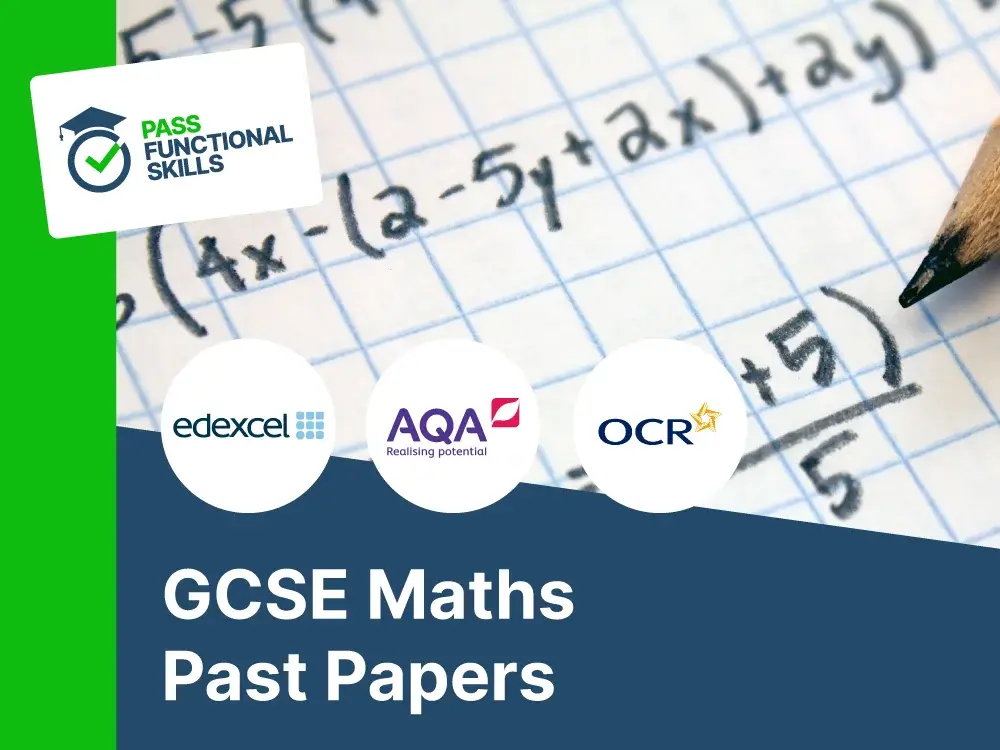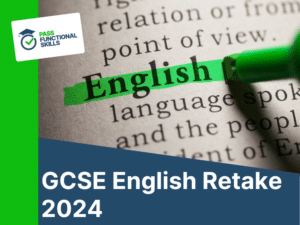
GCSE Maths Past Papers
Introduction
One of the best ways to prepare for an exam is by doing past past papers. This is particularly useful when revising for maths as the types of questions on the exam tend to be quite similar from year to year. Exposing yourself to every type of question you could be faced with stands you in good stead to tackle any question. Take a look at MME, they have all the new specification GCSE maths past papers for the major exam boards.
GCSE Maths Past Papers
The specification for GCSE maths changed in 2017 to the 9-1 grading system, so 10 sets of maths exams have been sat since then. This means there are 30 past papers for higher tier and another 30 for foundation! Working through these papers means you’ll be familiar with the style of question likely to come up in the exam.
It is really important to make sure that you have good exam technique. This is when you know the best ways to use your time and knowledge in an exam. For example, knowing the calculations you need to right down to get full marks. Or making sure you don’t spend too long on small mark questions, the general rule is a mark a minute.
By looking back at lots of past papers you will see questions that often crop up. By practicing these questions you will be prepared if you are faced with a similar one in your exam. Undoubtedly, knowing how to answer common questions helps you save time in your exam for harder, larger mark questions.
MME Maths Past Papers
MME have loads of GCSE maths past papers for a range of different exam boards including AQA, Edexcel, OCR and WJEC. You’ll find model and video solutions for lots of the maths papers. These help you see the best way to answer a question, with step by step walkthroughs of calculations.
Click the button below to take a look at the GCSE maths past papers on their website.
Pass Functional Skills Team
We help thousands of students each year with revision, courses and online exams.
Related Blog Posts
Speak to one of our experts now
Our Functional Skills Experts are on hand to answer any queries you may have.




